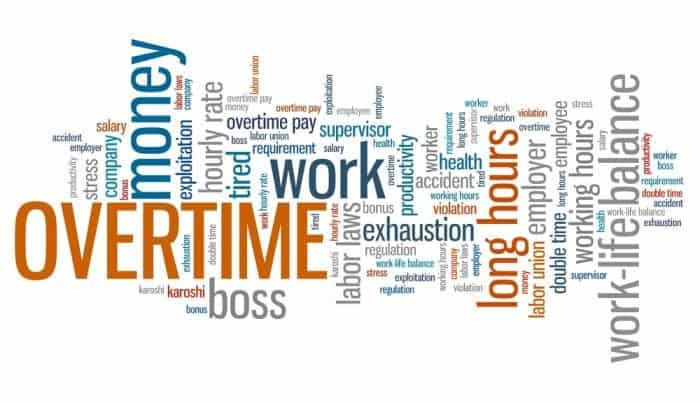Originally published on Oct 26, 2016
One type of case that warrants its own discussion is wage & hour class actions given its idiosyncrasies and importance. Both have federal and state law components, but at their most basic level, wage and hour cases begin at the end – they all seek to remedy lost or stolen worker wages.
There are a few different ways that companies can cause that to happen, whether accidentally or intentionally.
Failing to Pay Minimum Wage and Overtime
First, it’s failing to pay minimum wage. Second, is failing to pay overtime. While both of these have technical components, and you should consult a wage and hour attorney if you are faced with a potential issue, these two situations are relatively straightforward and easy to recognize.
The third circumstance takes a bit more looking into and knowledge of wage and hour laws. These are generally called misclassification cases. The most famous example in the news lately is the series of cases against Uber. Uber maintains and continues to maintain that their drivers are independent contractors. However, a number of drivers across the country filed misclassification lawsuits against Uber arguing that they are, in fact, employees entitled to minimum-wages, overtime wages, and, in certain states, reimbursement for their expenses.
As technology and industries continue to advance, a number of large companies have taken up this staffing model – classifying workers as independent contractors instead of employees.
However, just because you call a member of your staff an independent contractor doesn’t automatically make them an independent contractor. Federal and state law look to several objective factors to determine an individual’s actual classification.
There are many, and an entire book could be written on what those are and how to consider and apply them, but one of the most important factors is the level of control exercised by the employer. Does the company require a uniform, does it provide a script, does it tell individuals when the workday begins or ends, and does it have the final say over whether the staffer at issues can bind the company to do something? If the answer is yes to any of these questions, it weighs in favor of finding that the individual is an employee and is potentially misclassified.
Statute of Limitations
One important nuance to consider regarding wage & hour class actions is the statute of limitations. Generally, the FLSA has a two-year limit to claims. However, if you can show that the violation was intentional, the statute extends to three years. What ‘intentional’ means and how you prove that is full of factors and considerations that should be evaluated by a wage and hour attorney.
At the end of the day, a useful rule of thumb is to analyze the big picture and give a wage and hour attorney a call. All of these elements and idiosyncrasies get complicated, but keeping a wide-angle lens will allow you to recognize if a client is being denied minimum wages, overtime wages, or reimbursements because they are misclassified.
If you question whether a particular business practice is harmful to a large group of people, call the award-winning class action attorneys of Dworken & Bernstein
In Lake County, call 440.946.7656
In Cuyahoga County, call 216.861.4211
Our review is free of charge and confidential.







